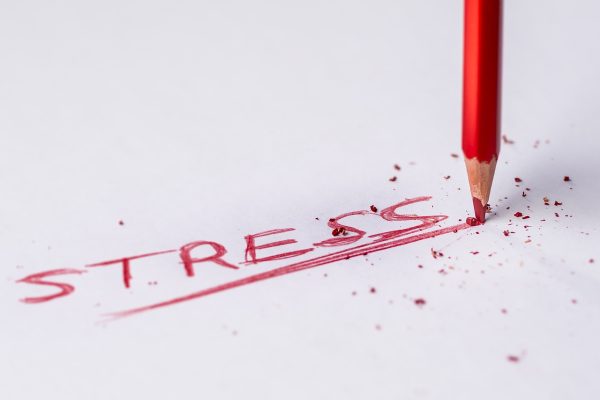April 26, 2022
Healthy Sleep Schedule
It is important to maintain a healthy sleep schedule even during the summer. It is recommended to have at least 7-8 hours of sleep each night, according to AASM Sleep Education, Healthy Sleep Habits. Why is getting sleep important? According to Inc. Use the Military Method to Fall Asleep within 2 minutes, Starting Tonight by Jeff Haden, people who sleep for 5-6 hours are 19 percent less productive. Getting only 6 hours of sleep makes everyday tasks harder. So how do you keep a healthy sleep schedule? Here are 5 top tips from AASM Sleep Education(healthy sleeping habits):
- Keep it consistent
- Set a time to go to bed and a time to wake up, it is good to make it a routine
- Turn off electronics 30 minutes before bedtime
- If you can’t, maybe you substitute it with a book(your eyes will tire out and your mind will start to tell you that you are ready for bed)
- Electronics are known to be addictive and known to keep you awake because of blue light
- Avoid drinking coffee and any tea with caffeine in the afternoon or evening
- Caffeine in general is not good for your body and is a form of addiction, if you get good sleep, you won’t need coffee
- Exercise regularly and maintain a healthy diet
- Something to keep you busy throughout your day whether it be working or sports. It is good to spend your energy somewhere useful, so when you come back your sleep will be more restful. Gotta balance this and don’t burn out yourself.
- Make your bedroom a comfortable and relaxing place
- It is important to get out of the house. Associate your bedroom for your time to get up in the morning and to get ready for bed. If you stay in your bedroom all day, how are you going to sleep well?
If you are still having a difficult time falling asleep, there is a method that they use in the military to fall asleep within minutes. Lloyd Bud Winter, author of Relax and Win: Championship Performance talks about a routine that was created by the Navy Pre-Flight School to help recruits to fall asleep. Using this method six weeks later, 96 percent of pilots were able to fall asleep within minutes. So what are the steps?
- Relax your entire face
- Breathe slowly and deeply and relax your face muscles from your forehead to your jaw
- Let your body relax
- Start from your shoulders down to your legs
- Now Clear your mind
- If you can’t think of anything, you can try to think of something relaxing
- Try repeating the words “Don’t think” for 10 seconds
- Repeating these words will help you think of nothing
It might not help with sleeping the first few times, but with practice, it will train you to relax and fall asleep faster and for longer. It never hurts to try it!











